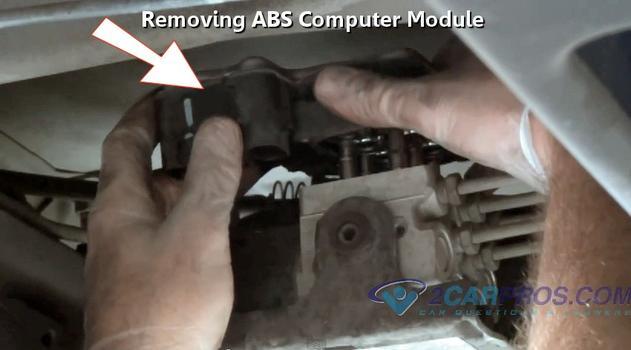Saturday, August 8th, 2015 AT 3:20 PM
I changed front brakes and bake pads, rotors, calipers, and all four 10" brake lines that go to calipers. Now I am getting brake fluid to the font but not to the backs. I disconnected the brake line (hard lines) from the 10" rubber brake lines to see if fluid would come out of the hard lines, and nothing no fluid at all. I do not see any leaks any where I am not losing fluid from master cylinder and there are not any kinks in the brake lines. Please help! I need to no where to go from here. I need car fixed for Monday morning. I am desperate any information or ideas is greatly wanted and appreciated. Thanks.


